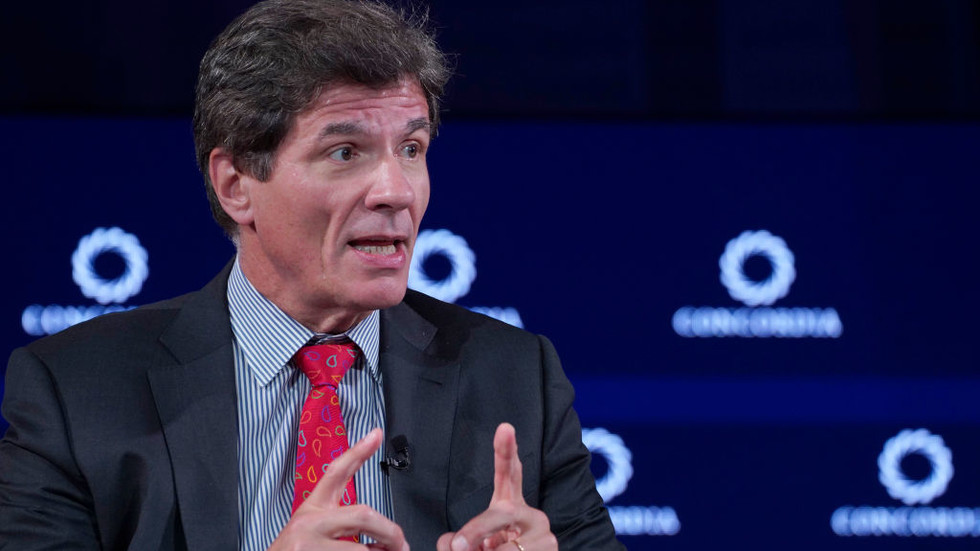In recent discussions, a high-ranking U.S. official has raised concerns about China’s strategy in the lithium market, claiming that the Asian nation is oversupplying lithium to undermine global prices and eliminate competition. Jose Fernandez, the Under Secretary for Economic Growth, Energy, and the Environment at the U.S. Department of State, made these assertions during a briefing in Portugal, which is Europe’s largest lithium producer. Fernandez emphasized that China’s intentional overproduction of lithium exceeds current global necessities, claiming, “They engage in predatory pricing” to drive out competition. China’s dominance in lithium production poses a threat, especially as lithium is critical for powering the clean energy sector, including electric vehicles and consumer electronics.
Lithium’s relevance has surged due to its role in creating batteries that support renewable energy initiatives, being dubbed by the United Nations as essential for a fossil-fuel-free future. Yet, according to Fernandez, the influx of lithium from China has driven prices down over 80% in the past year, a shift that not only impacts U.S. efforts to diversify supply chains but also hampers investments in regions like Portugal, which are vital for developing domestic lithium production capabilities. The under secretary highlighted that low lithium prices could deter potential investments needed for countries aiming to build their mining industries and secure a foothold in the lucrative market.
In the face of rising dependency on Chinese lithium, the European Union has recognized the need to enhance local mining activities. Currently, 97% of all lithium used for battery production in the EU is sourced from China, making the bloc heavily reliant on this single nation for a critical resource. To combat this monopolistic scenario, the European Union has initiated measures, such as imposing tariffs on Chinese electric vehicle imports to protect its automotive manufacturers from being undercut by cheaper, subsidized products from China. This development aligns with U.S. efforts, which saw a significant hike in tariffs on Chinese electric vehicles from 25% to 100% earlier this year.
While these protective tariffs could help European and U.S. manufacturers, they have triggered a response from China, which contends that these actions violate global trade rules. In light of the tariffs, China has lodged a complaint with the World Trade Organization (WTO), labeling the U.S. requirements for electric vehicle subsidies as discriminatory. Furthermore, China has retaliated by launching investigations into European imports of various products, including brandy, dairy, and pork, thereby escalating tensions in international trade relations and signaling a broader economic confrontation.
The competitive landscape is likely to experience significant shifts as countries grapple with the challenges posed by China’s market strategies. The implications of China’s lithium oversupply extend beyond mere pricing dynamics; they also reflect a strategic maneuver to maintain influence over global supply chains for clean energy technologies. As countries attempt to pivot toward more sustainable energy solutions, the need to secure reliable and diverse sources of critical materials like lithium becomes paramount. The actions taken by the U.S. and EU may represent a long-term strategy to counterbalance China’s dominance in this space.
Ultimately, the battle over lithium supply and pricing illustrates the intricate interplay between economics and geopolitics. As nations endeavor to transition to cleaner energy sources, the rivalry for key resources such as lithium is likely to intensify. With China consistently asserting its role as a dominant player in the global lithium market, the responses from Western nations may shape future economic policies and trade agreements aimed at fostering resilience and independence in the face of competition while ensuring that investments in sustainable technologies are sustainable and equitable across borders.

